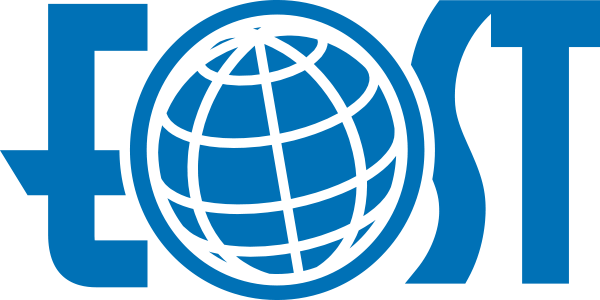Économie industrielle 1
Diplôme d'ingénieur de l'École et observatoire des sciences de la Terre (EOST)Parcours Diplôme d'ingénieur de l'EOST
Description
Dans une première partie, l'analyse se situe au niveau de l'entreprise. Les caractéristiques, le fonctionnement et les performances du fonctionnement des marchés en concurrence pure et parfaite sont introduites. L'offre de l'entreprise résultant de la maximisation du profit est en particulier détaillée, sur la base d'une analyse de la technologie et des fonctions de coûts.
La seconde partie introduit un certain nombre de cas de défaillances de marchés, motivant l'intervention de l'Etat. En particulier, le cours se concentre sur l'analyse des structures de marché caractéristiques de concurrence imparfaite (tels que les différentes formes de monopole) et l'existence d'externalités en particulier environnementales. Cette partie est complétée par des analyses plus fines et qualitatives de différents découpages du système productif à un niveau méso-économique (secteurs, filières, systèmes locaux de production et d'innovation…).
Le cours s'appuiera sur de nombreux exemples théoriques et pratiques. Des exercices sont également proposés.
In the first part, the analysis is conducted at the level of the firm. The characteristics, functioning and performance of markets in pure and perfect competition are introduced. In particular, the firm's offer resulting from profit maximization is detailed, based on an analysis of technology and of cost functions.
The second part introduces a number of cases of market failures, motivating government intervention. In particular, the course focuses on the analysis of market structures that are characteristic of imperfect competition (such as the different forms of monopoly) and the existence of externalities, especially environmental ones. This part is completed by more detailed and qualitative analyses of different breakdowns of the productive system at a meso-economic level (sectors, industries, local production and innovation systems, etc.).
The course will be based on numerous theoretical and practical examples. Exe rcises will also be proposed.
A la fin de ce cours, vous serez capable de :
- connaître les principaux concepts de l'économie industrielle
- comprendre le vocabulaire, le langage
- se familiariser au raisonnement économique
- maitriser quelques outils méthodologiques de base nécessaire à l’étude des marchés et des industries
- comprendre les problèmes, les enjeux et éventuellement les solutions possibles liés à des situations réelles dans lesquelles la puissance publique peut être amenée à intervenir
- to know the main concepts of industrial economics
- to understand the vocabulary and language
- to be familiar with economic reasoning
- to master some of the basic methodological tools needed to study markets and industries
- to understand the problems, the challenges and possibly the possible solutions linked to real situations in which public authorities may intervene
Compétences visées
Ce cours est une introduction à la théorie microéconomique et ses implications en économie industrielle, notamment sur le plan de l'intervention de l'Etat.
This course is an introduction to microeconomic theory and its implications for industrial economics, particularly in terms of government intervention.

